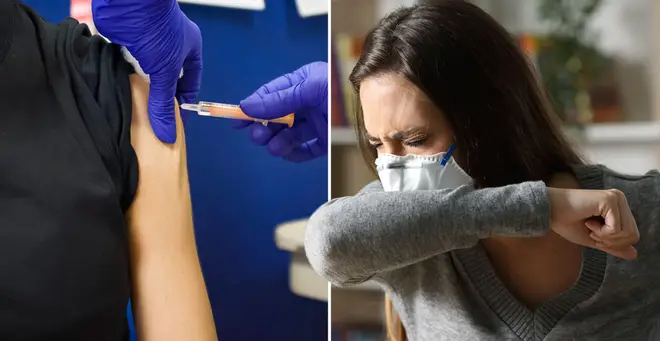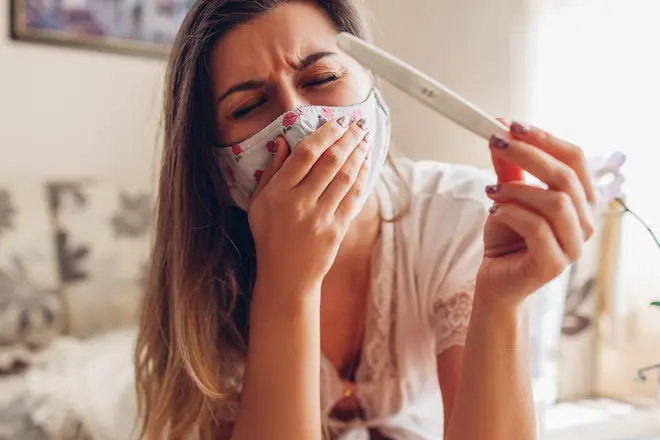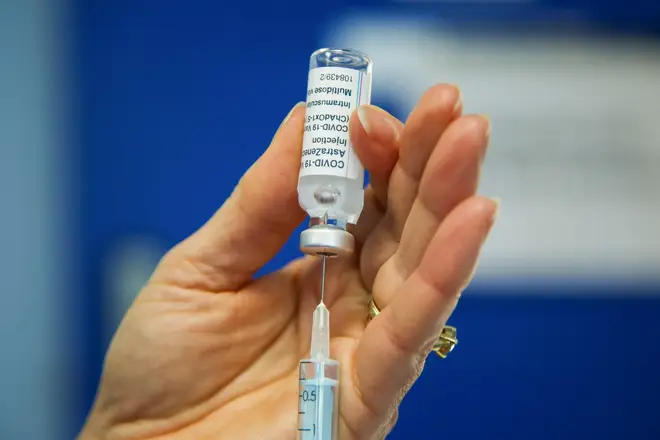On Air Now
Heart Breakfast with JK and Amanda Holden 6:30am - 10am
20 August 2021, 07:49

A symptom-tracking app has found that fully-vaccinated people suffering from Covid had logged five commons symptoms.
Double vaccinated people with Covid have experienced five common symptoms over the past 30 days, new data has shown.
The ZOE Symptom Study App, where people log daily symptoms, found that common symptoms experienced by people with two jabs who have Covid are a runny nose, headache, loss of smell, sneezing, and a sore throat.
Lead scientist Professor Tim Spector advised people to keep these symptoms in mind, and keep away from people if you experience them.

As reported by the Mirror, he said: "Cases are likely to remain high for the next few weeks or even possibly months.
"This means your risk of infection is high.
"Even if you've been double vaccinated it's really important you watch out for any new symptoms because we can see the longer it goes from your time of vaccination the less effective these vaccines are."
He also warned that vaccine immunity could be waning in those that had their vaccines some time ago, which include elderly and vulnerable groups.

Professor Spector added: "It looks like the younger ages are dropping slightly and the older ages seem to be increasing slightly.
"The older ages generally are the fully vaccinated groups.
"While vaccines aren't working as well as we hoped in terms of stopping infections that are working in stopping severe infections and hospitalisations."